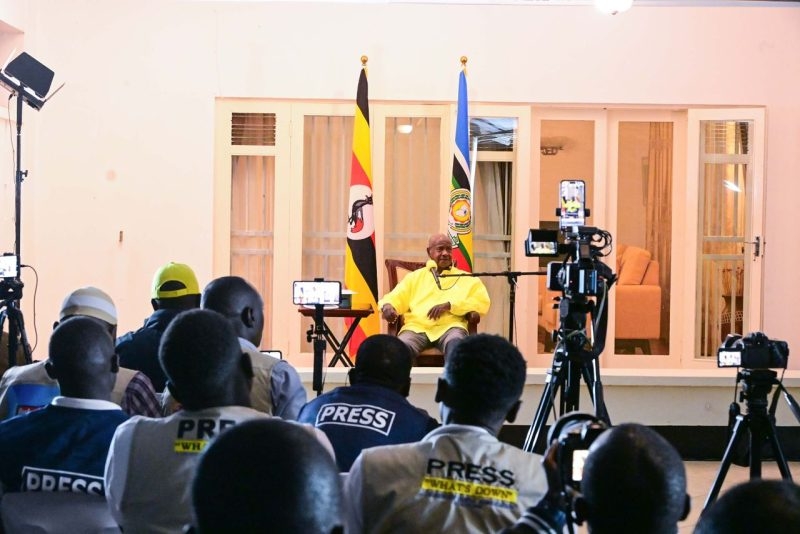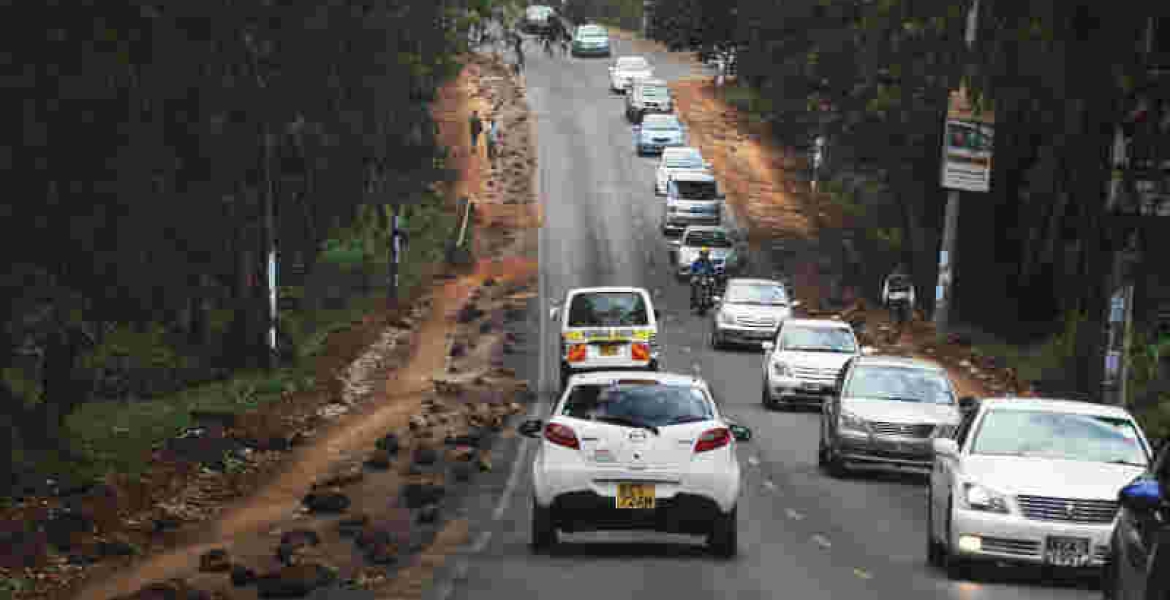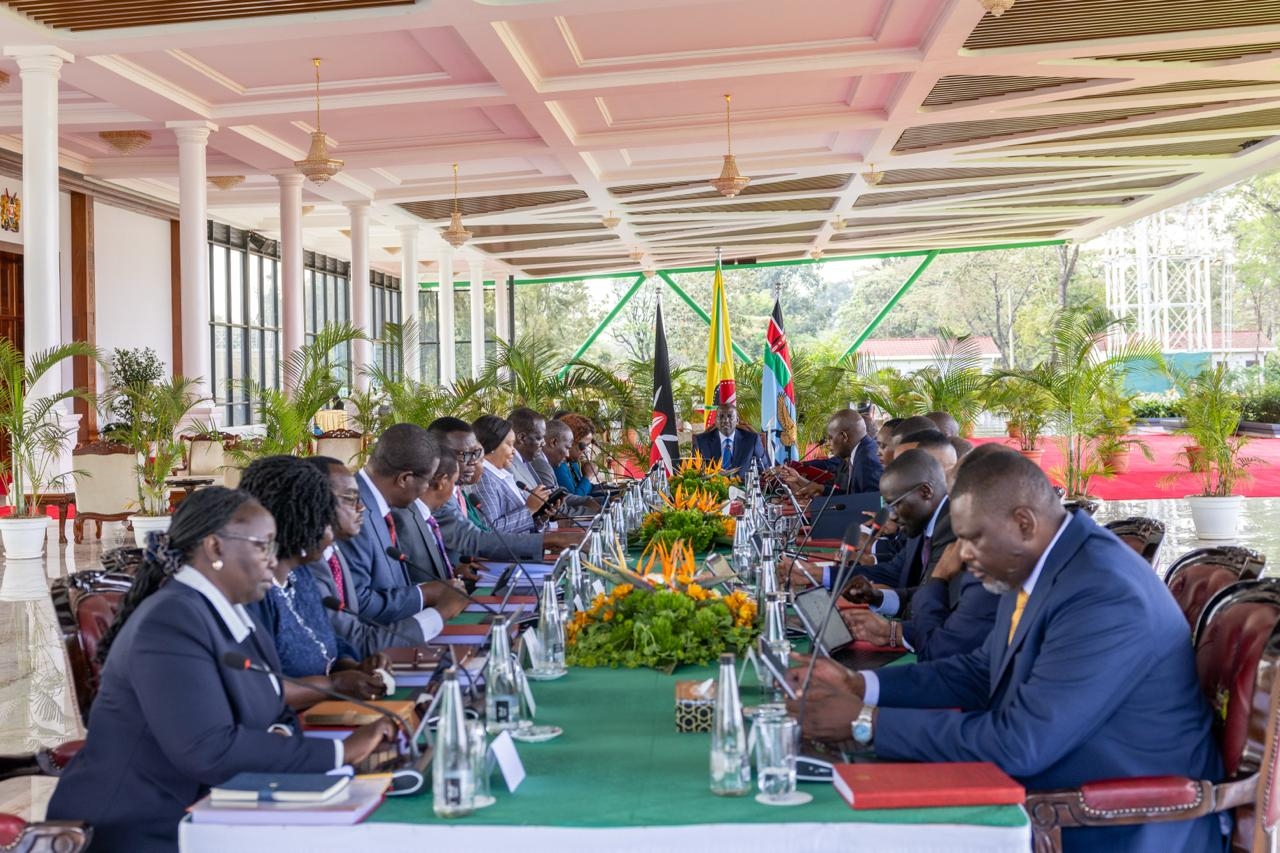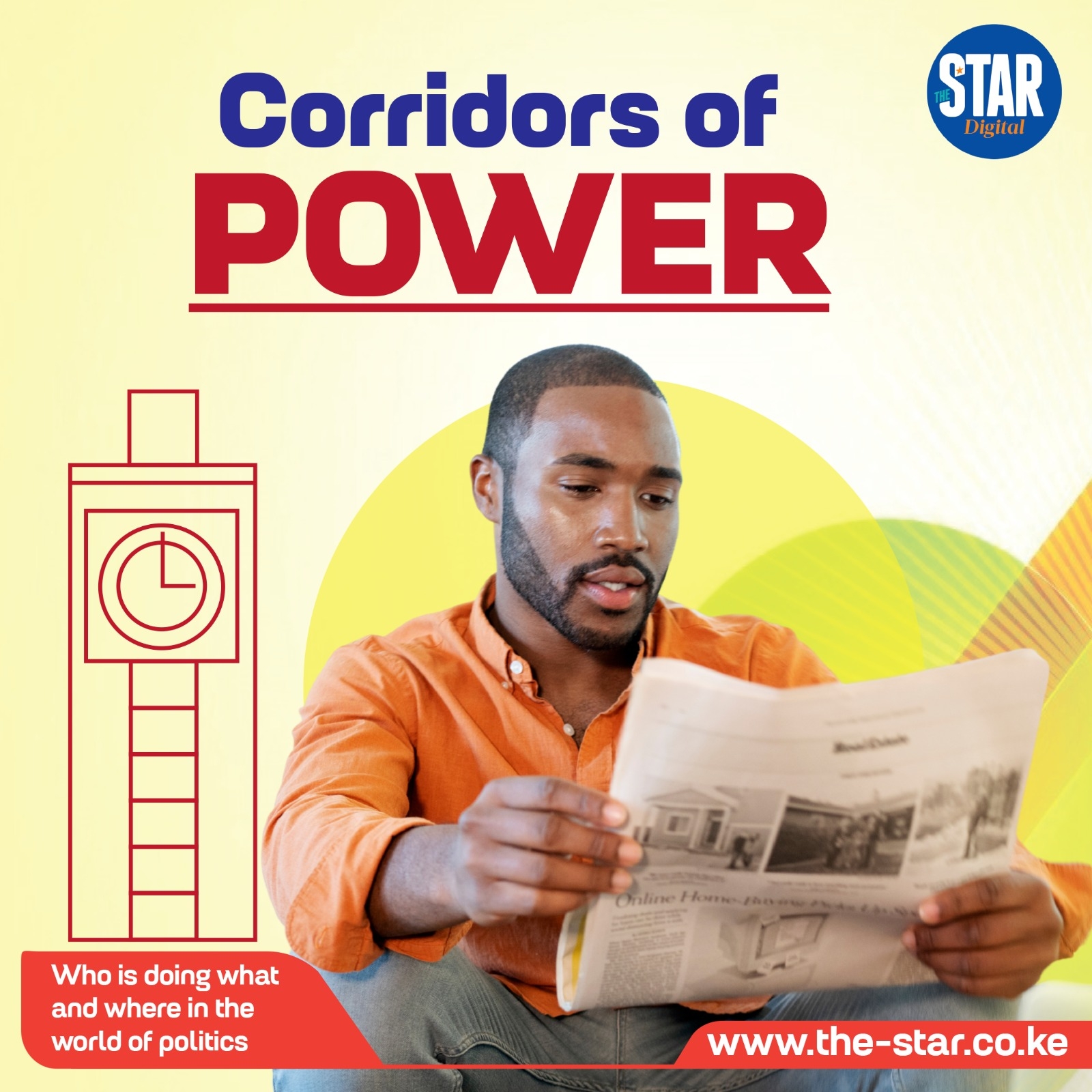
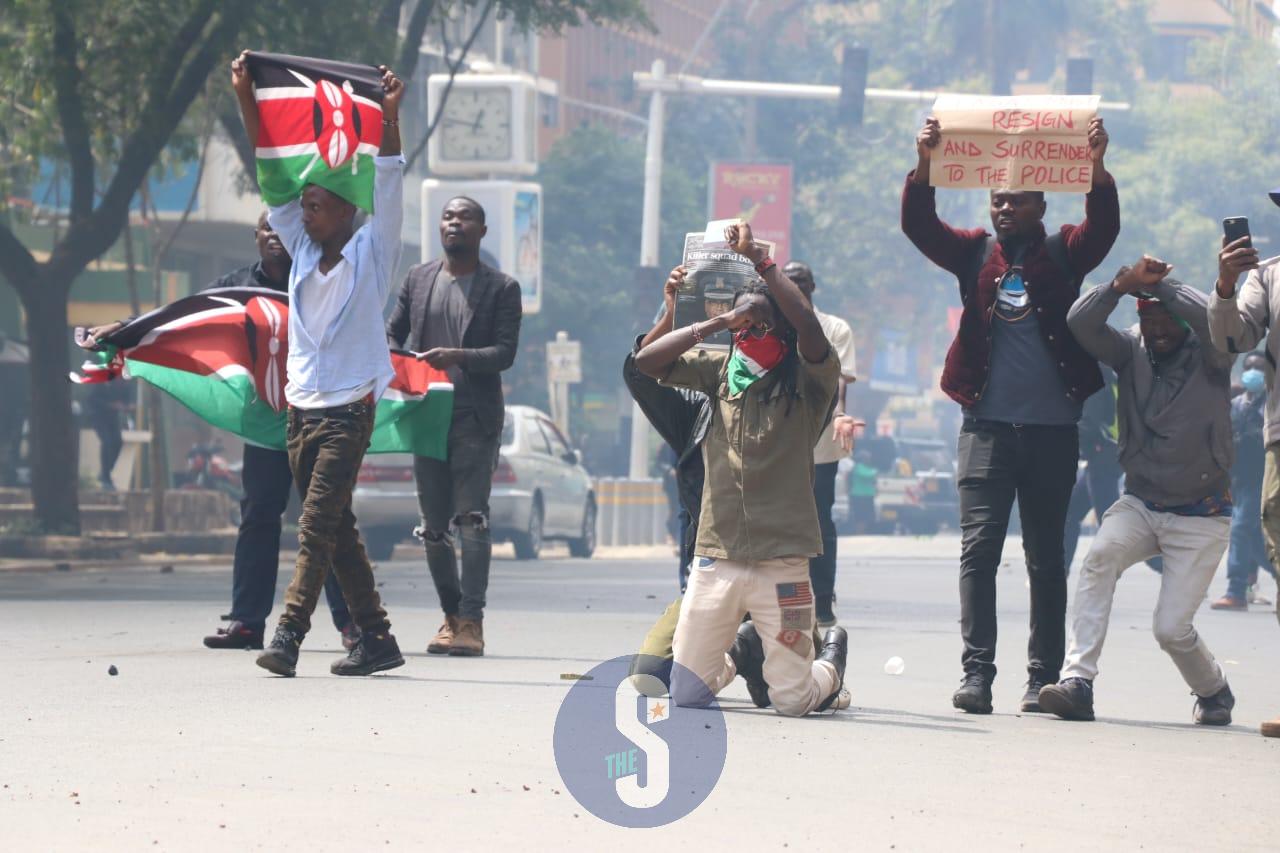
A human rights watchdog wants the government to expedite postmortem exercises on the bodies of those killed during recent protests and waive hospital bills for the injured.
The Kenya National Commission on Human Rights complained that the vital processes are slow, and this is causing extra anguish and pain to poor loved ones, who are already grieving.
The KNCHR said as of July 11, up to 38 deaths attributed to police bullets and batons had been recorded from the July 7 Saba Saba protests.
Among the dead are children, women and youth. Some of them succumbed to their injuries while receiving treatment in public hospitals.
At least 130 others have been injured and hundreds have been arrested.
In a statement, the commission expressed concerns over growing reports that families of the deceased are being asked to pay postmortem fees and hospital bills—contrary to the government’s earlier promise to cover such costs in full.
“The commission urges the government to support the affected families to have the postmortem conducted hastily and procedurally in the presence of IPOA, independent pathologists and legal representatives of the families,” KNCHR said.
“The families claim they are also being asked to pay the postmortem charges in addition to other medical and mortuary bills, contrary to the waiver issued by the government. A majority of these families are underprivileged and unable to pay the bills.”
The protests, which swept through at least 17 counties on and after July 7, led to widespread confrontation between civilians and security forces.
Several towns saw prolonged clashes, with law enforcement officers allegedly using excessive force, including live bullets and tear gas in residential areas.
Kajiado and Kiambu counties were the most affected, with private and public installations like police stations vandalised.
Of the 15 postmortems conducted so far, the commission reports that 14 revealed gunshot wounds.
Human rights groups have raised alarm over the conduct of police during the demonstrations, citing use of excessive force and deployment of plain-clothes officers, in some cases accompanied by unidentified armed individuals. Observers have warned that without accountability, such incidents could recur in future protests.
Civil society groups have now stepped in to urgently urge families not to bury the victims before official postmortems are completed.
Organisations such as the Law Society of Kenya, Independent Medico-Legal Unit and IPOA have emphasised that burying the deceased before postmortem can destroy crucial evidence and compromise investigations into unlawful killings. Calls for restraint and rule of law have been echoed across legal and human rights sectors.
The KNCHR said timely, transparent and independently overseen postmortem is not only critical to the rule of law but also to restoring public confidence in the justice system.
The commission also asked the Ministry of Health to mainstream a policy of waiving medical bills to victims of protest violence.
“The commission demands that the Ministry of Health immediately and unconditionally waives all the medical bills incurred by the victims of the Saba Saba demonstrations as earlier indicated by government,” it said.



